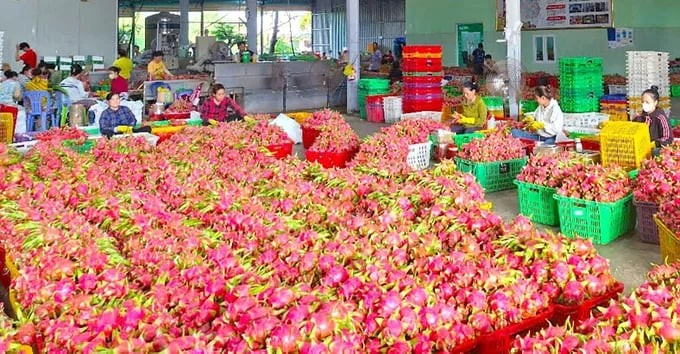
This indicates that authorities will regard the submitted documentation such as certificates of origin and invoices as adequate proof of a product's origin, without the need for further checks or verification procedures by local administrations.
Following continuous reports by Sai Gon Giai Phong Newspaper concerning agricultural products encountering difficulties in obtaining food safety certificates and, consequently, in completing export dossiers for Europe due to procedural obstacles related to sourcing declarations, the Ministry of Industry and Trade has issued specific guidance to assist businesses in overcoming these challenges.
The Agency of Foreign Trade under the Ministry of Industry and Trade has issued an official communication to the Vietnam Pepper and Spice Association (VPSA), offering comprehensive instructions on utilizing sourcing declarations in the process of applying for certificates of origin (C/O).
Accordingly, for domestically sourced raw materials without value-added tax invoices, businesses are allowed to use a declaration form specified in Appendix II of Circular 44/2023/TT-BCT, which outlines rules of origin under the RCEP Agreement, to prove that the goods meet the "WO" (Wholly Obtained) criteria.
Most importantly, this declaration is self-prepared by the enterprise and does not require confirmation from local authorities. If necessary, the C/O issuing body may conduct on-site inspections or request supplementary documents such as invoices, purchase contracts, customs declarations, or confirmation records from cooperatives, producer groups, or industry associations to verify the origin of materials.
























